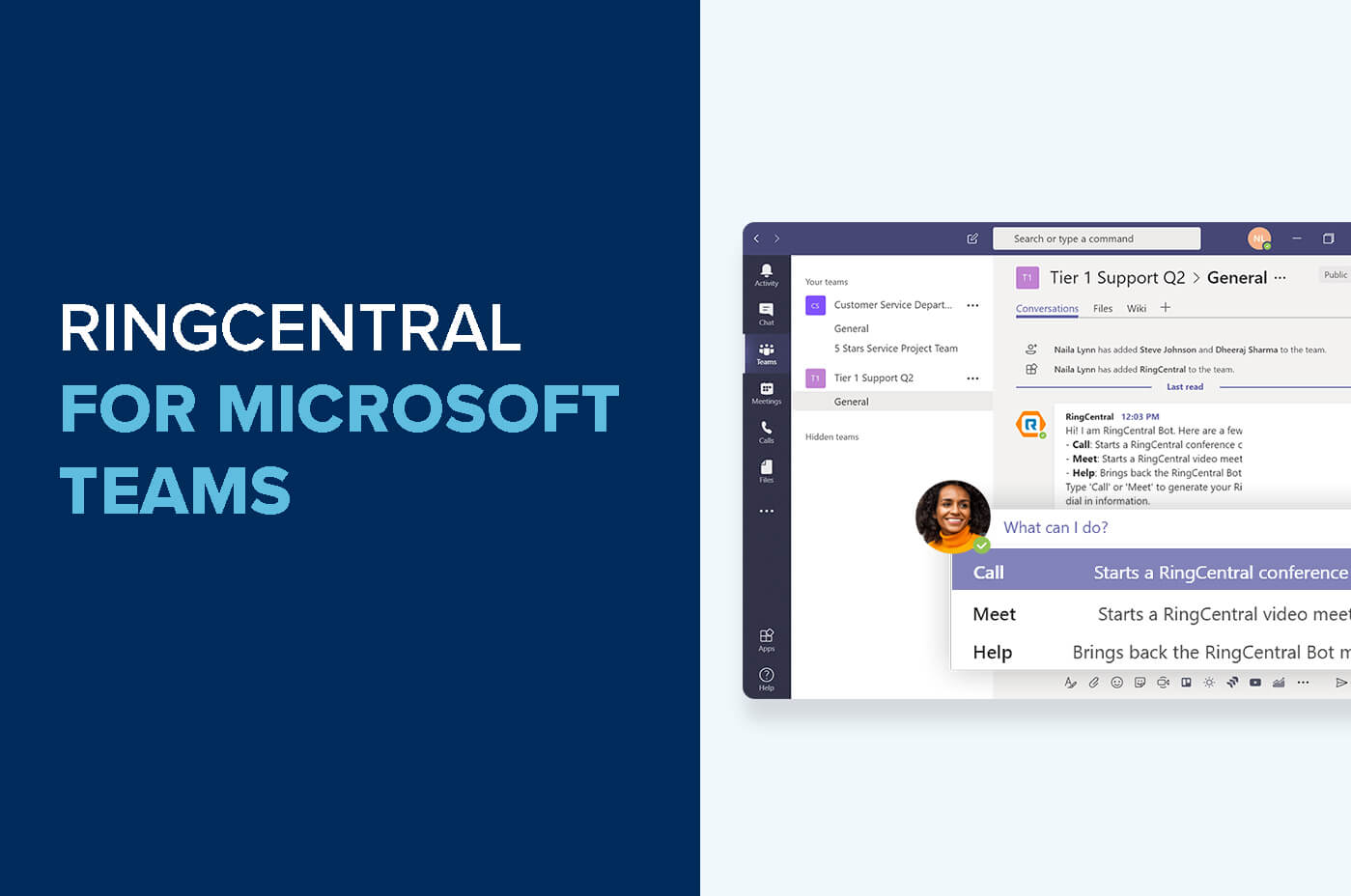In a world where globalisation and remote working are becoming increasingly popular, businesses of all sizes need to find new ways of keeping employees connected. Collaboration apps, such as Slack, RingCentral Glip and Microsoft Teams, are quickly becoming the central hub for a lot of modern workstations.
Microsoft Teams is a cloud-based solution for collaboration that builds on top of the Microsoft Office 365 productivity suite.
Some Benefits of Microsoft Teams
Microsoft Teams is a replacement for the original flagship collaboration product from Microsoft, Skype for Business. However, it’s more than just an updated version of the S4B technology. Microsoft Teams promises access to everything from an aligned central environment for unified communication, to modern features like artificial intelligence.
The benefits offered by Microsoft Teams include:
- Integration with Office 365: Users can significantly improve their productivity and efficiency with a collaboration landscape that integrates with existing tools such as Microsoft Office Word, PowerPoint and Excel.
- A central environment for communication: Microsoft Teams provides users with a single space for everything from file sharing and collaboration to video conferencing, audio conferencing and instant chat.
- Constantly updated series of features: Microsoft constantly updates the Teams solution with new features like artificial intelligence for in-line message translation, transcriptions during recordings, and more.
- Easy access: Microsoft Teams is designed to be easy to access for new and existing Microsoft users. That means getting your team members up to speed is incredibly quick and straightforward.
- Flexibility: Not only does Microsoft Teams work with a range of tools, including smartphones, desktops, and other devices, but it also comes with a range of packages and unique features to explore. For instance, the Microsoft Business Phone System allows you to integrate your collaboration stack with your business phone strategy.
While Microsoft Teams provides a feature-rich environment for team collaboration, RingCentral offers the reliable, high quality VoIP telephone service and calling plans to complement MS Teams.
RingCentral and Microsoft Teams Together
For those who want to access the benefits of a full unified communications experience with Microsoft Teams, there’s an option outside of the Microsoft calling plans. With RingCentral products that integrate with Microsoft Teams, businesses can access carrier-grade technology for their phones from RingCentral, while still unlocking the collaboration and messaging features of MS Teams.
RingCentral and MS Teams together can provide today’s businesses with best-in-class conferencing solutions, as well as enhanced collaboration and many more features. RingCentral comes with a multitude of third-party app integrations that allow communication to sit at the heart of your business.
The functionality of MS Teams’ integration with RingCentral includes:
- Click-to-dial from any email or contact card
- Schedule a RingCentral meeting from Outlook calendar or softphone
- View communications history covering calls, texts and voicemails
- Detailed call analytics to help track quality of service
- Call recording capability
You can set RingCentral as your default for all communications within Microsoft Teams, including meetings, calls, and instant messaging. You’ll be able to initiate calls out of Microsoft Teams using RingCentral – the integration includes icons that sit in the MS Teams interface and open RingCentral functionality in a seamless transition. Users won’t need retraining on software, as RingCentral sits under the Teams platform, enabling it to perform to a world-class standard with the same look and feel.
We recently published a separate blogpost detailing RingCentral’s integration with MS Teams to provide tips on setting up and getting the most out of this capability. If your business uses Office 365 and you’d like to get more out of your productivity suite, or if you’re looking for secure calling capabilities with guaranteed uptime to use alongside your MS Teams setup, RingCentral can support your business in taking the next step.
Updated Jan 17, 2023
